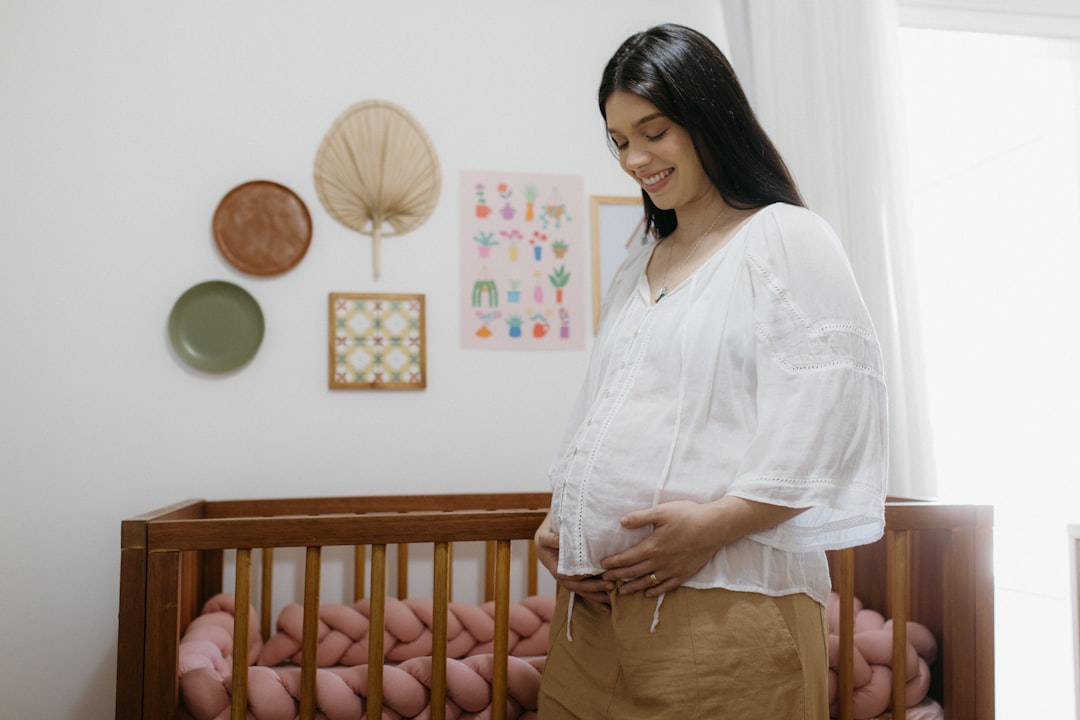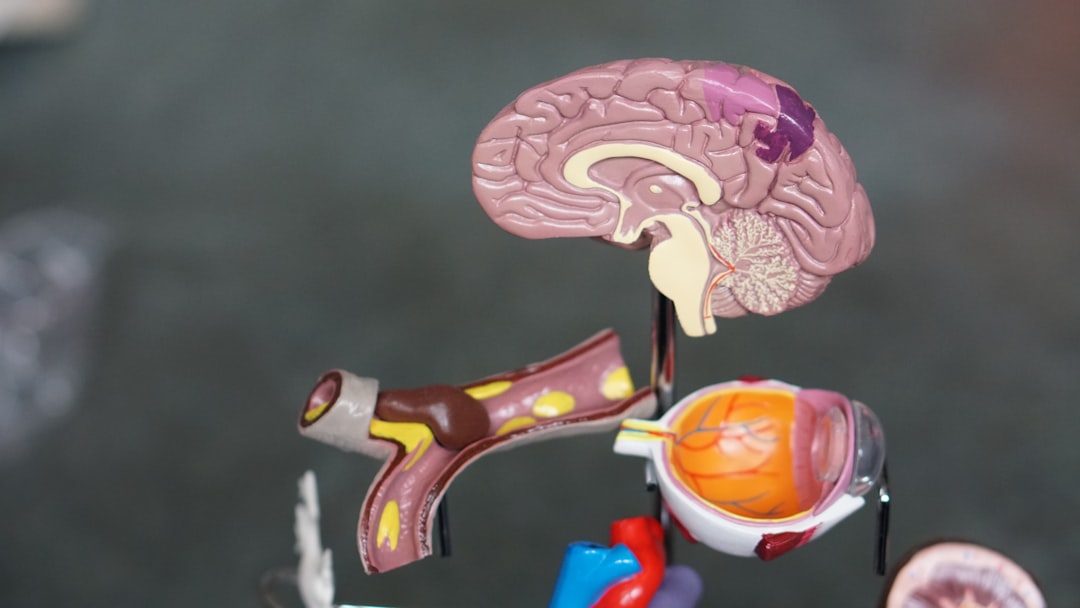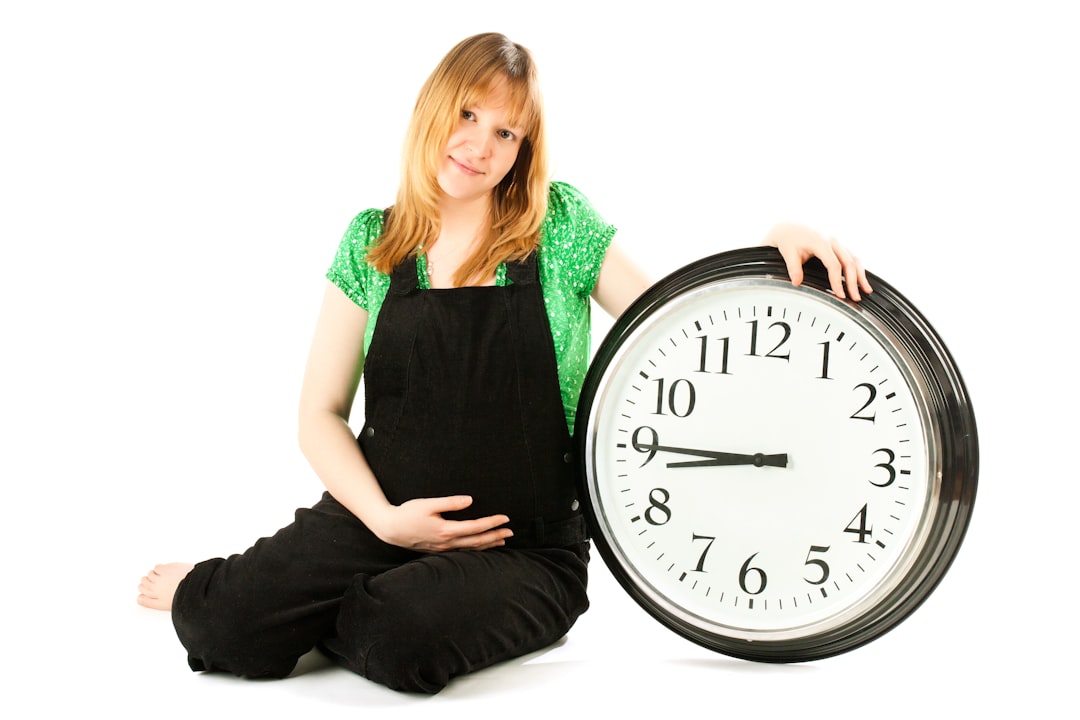Blog
- Baby's Health
- Beauty & Lifestyle
- Better Sleep
- Fertility
- Giving Birth
- Health & Wellness
- Home Designing
- LGBTQ+ Community
- Love & Romance
- Menopause
- Menstrual Cycle
- Mental Health
- Mindfulness
- Motivation & Inspiration
- Nutrition
- Parenthood
- Passion
- Post Pregnancy
- Pregnancy
- Relationships
- Science
- Spirituality
- Sport & Fitness
- Uncategorized
- Wisdom of Healing
- World Travel
Pregnancy skin changes: From glow to sensitivity
Have you ever noticed how some pregnant women seem to radiate with a special glow? Or perhaps you’ve wondered why pregnancy sometimes brings unexpected skin challenges? If you’re experiencing pregnancy for the first time—or even the third—the changes happening to your skin might surprise you.
Postpartum loneliness: Why it happens and how to find connection
When the nursery is finally set up and your baby has arrived, there’s an expectation of pure joy. Yet for many new mothers, a different reality emerges – one where despite having a tiny human who needs you constantly, you feel surprisingly alone. This paradox of being needed around the clock yet feeling isolated is postpartum loneliness, and if you’re experiencing it, you’re in remarkably common company.
Pregnancy and Hydration: How Much Water Do You Really Need?
Pregnancy transforms your body in countless ways, and one of the simplest yet most important adjustments involves your daily water intake. While you might have heard the standard “8 glasses a day” recommendation before pregnancy, your hydration needs change significantly when you’re expecting. But why is staying hydrated so crucial during these nine months, and how can you ensure you’re getting enough fluids beyond just drinking plain water?
Why Maternal Support Should Be Built Into Every DEI Strategy
When organizations discuss diversity, equity, and inclusion (DEI) strategies, certain dimensions often take center stage: race, gender, sexual orientation, and disability status. Yet one critical element frequently remains overlooked: comprehensive support for maternal wellness. This oversight isn’t just a missed opportunity—it’s a significant gap in truly inclusive workplace cultures.
Third trimester nesting: Why the urge hits and how to channel it
Picture this: you’re 37 weeks pregnant, and suddenly, at 2 AM, you find yourself reorganizing the linen closet or scrubbing baseboards with a toothbrush. Sound familiar? Welcome to the phenomenon known as “nesting” – that powerful urge to prepare your home for your baby’s arrival.
Pregnancy Brain Fog: Why It Happens and Tips to Stay Sharp
Ever put your phone in the refrigerator or forgotten a word mid-sentence during pregnancy? You’re not alone. “Pregnancy brain” or “mommy brain” isn’t just a myth—it’s a scientifically documented phenomenon affecting approximately 80% of expectant mothers who notice changes in memory, focus, or thinking during pregnancy or after birth.
Postpartum recovery essentials: what every new mom needs at home
The moment you bring your baby home marks the beginning of an incredible journey—not just for your little one, but for your healing body as well. The postpartum period brings physical and emotional changes that require proper care and support. Having the right essentials at home can make this transition period much more manageable, regardless of your individual recovery path.
How inclusive pregnancy policies strengthen workplace culture
Pregnancy and new parenthood represent transformative life chapters that impact individuals across all family structures. Yet many workplace policies still follow traditional models that fail to recognize the diversity of modern families. As companies increasingly prioritize employee wellbeing, creating inclusive pregnancy support policies has become essential not just for compliance, but as a strategic approach to building stronger workplace cultures.
Pregnancy cravings explained: what your body might really need
That intense longing for chocolate ice cream at 2 AM? Or perhaps pickles dipped in peanut butter? If you’re pregnant, these seemingly random food desires aren’t just in your head—they’re a real physiological and psychological phenomenon affecting the majority of expectant mothers.
Postpartum mood swings: what’s normal and when to seek help
One moment you’re gazing at your newborn with overwhelming love, and the next you’re sobbing because you can’t find your phone (which is in your hand). Sound familiar? You’re experiencing postpartum mood swings—a rollercoaster that most new mothers ride in the weeks following childbirth.
Why pregnant employees need more than just leave policies
The workplace landscape is changing, yet many companies still rely primarily on maternity leave policies as their main support for pregnant employees. While these policies are necessary, the evidence suggests they’re far from sufficient in creating truly supportive environments for expectant and new mothers in today’s workforce.
Two moms, one journey: What same-sex female couples should know about pregnancy
Are you and your partner dreaming of starting a family together? For same-sex female couples, the path to parenthood involves unique planning and decisions that deserve thoughtful consideration. Whether you’re in the early stages of exploring your options or ready to begin the process, understanding your choices can help you navigate this meaningful journey with confidence and joy.
Third trimester sleep struggles: Practical solutions for rest
Watching the clock tick past 3 AM while everyone else slumbers peacefully? If you’re in your third trimester, you’re not alone in this midnight vigil. As your pregnancy approaches the finish line, quality sleep often becomes as elusive as finding a comfortable position for your growing body.
Pregnancy heartburn: Why it happens and how to find relief
That burning sensation in your chest during pregnancy isn’t your baby breathing fire—it’s heartburn, and it’s incredibly common. If you’re one of the many expectant mothers experiencing this uncomfortable symptom, understanding why it happens and how to manage it can make a significant difference in your pregnancy comfort.
Postpartum body image: Rebuilding confidence after birth
The journey through pregnancy transforms a woman’s body in profound ways, but what happens after birth often takes new mothers by surprise. As your body shifts into its postpartum state, you might find yourself facing unexpected emotions about your changing appearance—a completely normal yet challenging aspect of new motherhood that deserves more honest conversation.















